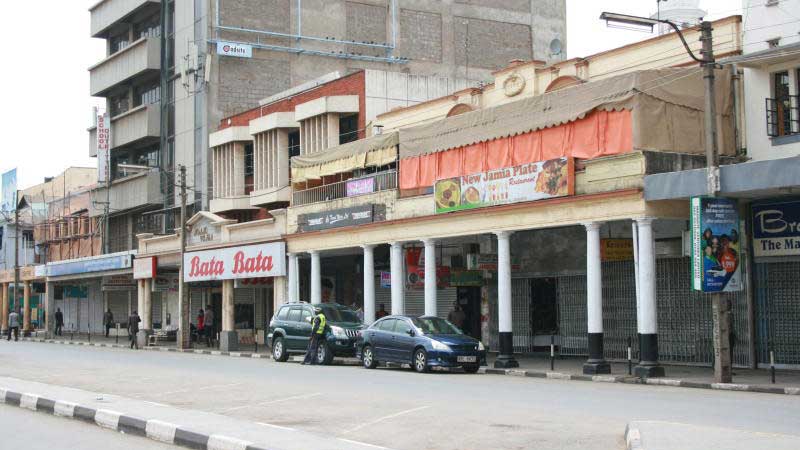×
The Standard e-Paper
Smart Minds Choose Us

If there is a greater indelible mark that Kenyans of Indian origin have left, it is the duka (small shop). The dukas came to embody an elite class of bourgeoisie retailers among the Asian community who grew their businesses from simple outlets to huge industries.
Prominent family names such as the Chandarias, Alibhai Jeevanjee all rose from the traditional duka.